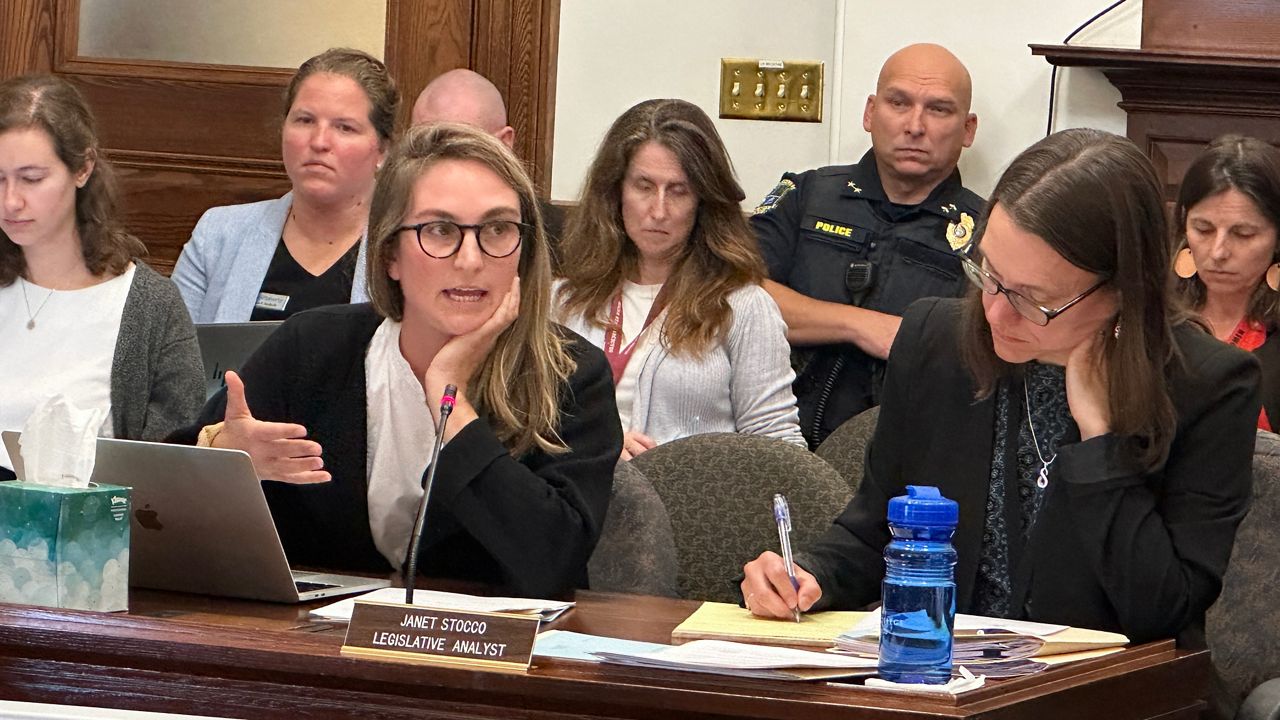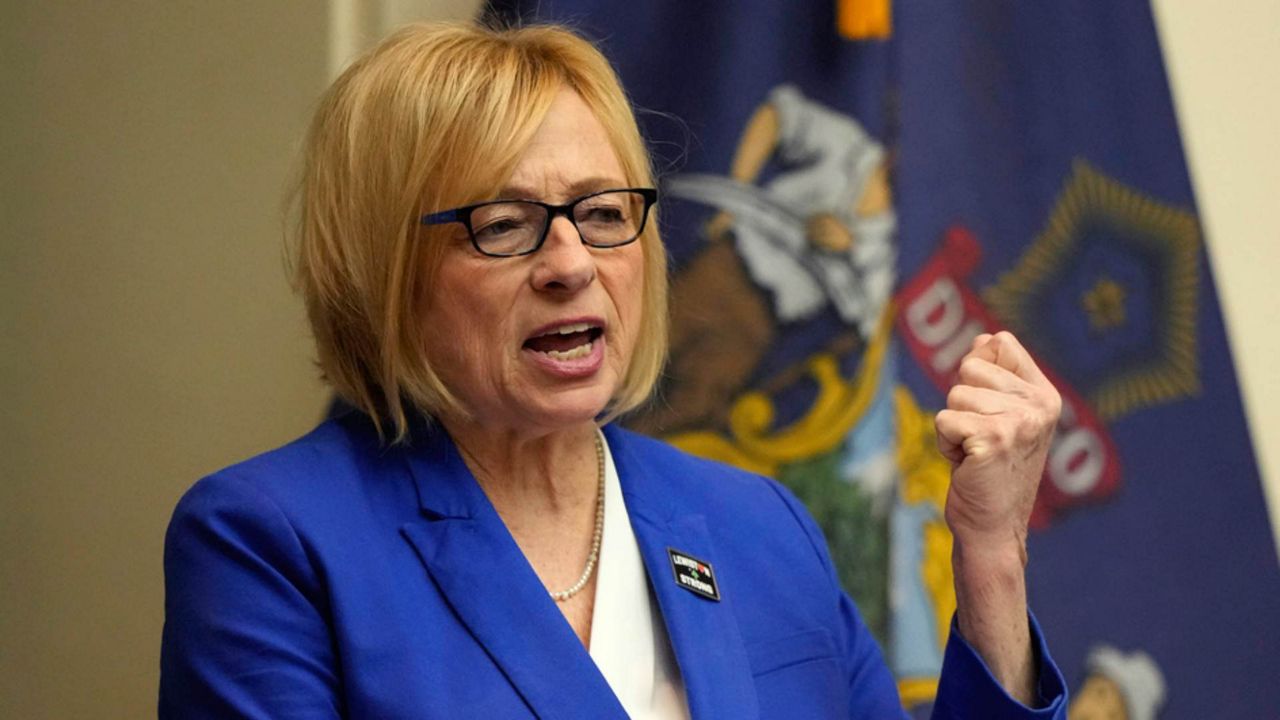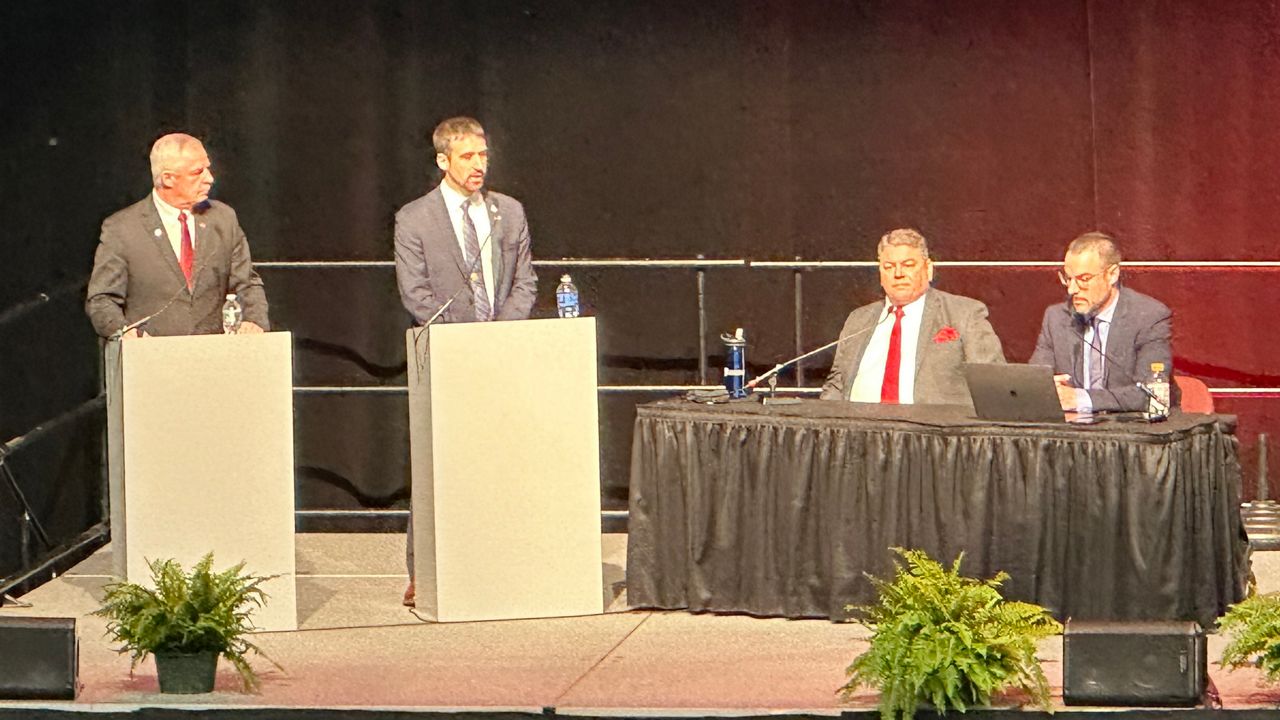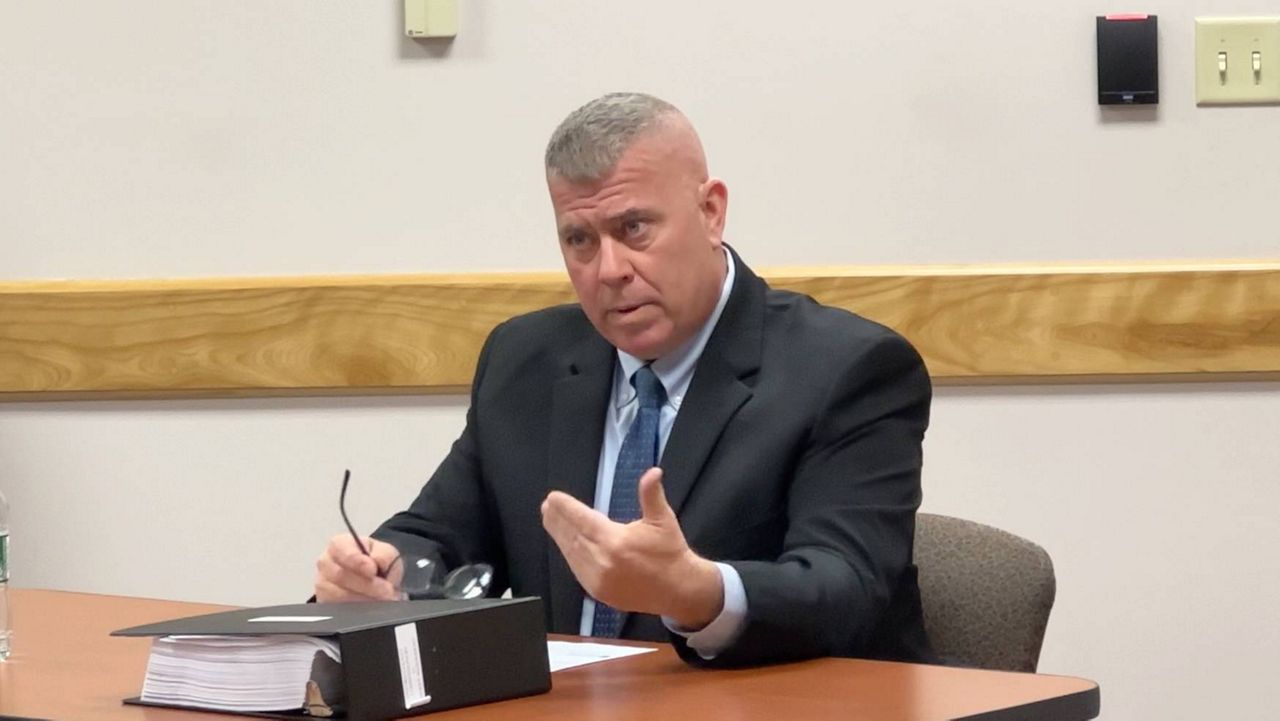Two bills proposing to further restrict government access to electronic data could hamper investigations into child pornography and overdose deaths, police and prosecutors told lawmakers Monday.
The Legislature’s Judiciary Committee is considering LD 1576, which expands a requirement for obtaining a warrant to all electronic devices, not just the portable devices currently covered under state law.
It also expands the types of information for which a warrant would be required.
The other bill, LD 1056, seeks to prohibit local and state governments, including police departments, from helping a federal agency collect electronic information unless a person consents, they have a warrant or it meets a legally recognized exception, such as an emergency.
Lt. Jason Richards, head of the Maine State Police Computer Crimes Unit, opposes both bills, saying they need all the tools at their disposal to catch those who prey on children.
He said tips related to child exploitation in Maine have jumped 344% in the last six years and that his unit now gets about 1,800 tips per year.
He said the bills would create “a broad, vague, poorly defined system that would not in reality protect anyone but the criminals that would hide behind it and create a safe haven for these criminals to prey on Maine’s most vulnerable individuals.”
However, the Maine Association of Criminal Defense Lawyers described the measures as necessary to keep up with “the ever-evolving technology we all rely upon.”
They noted that while cellphones and other electronic devices are convenient, they also collect “massive amounts of information about our day-to-day lives.”
“This information is no longer stored on just our physical devices but is instead transmitted to third parties who increasingly rely upon and even sell this information,” they wrote in response to committee questions. “The importance of this information to large technology companies means that what was once only a name and address for subscriber information now may contain intimate details about our location, purchases, travel, etc.”
Rep. Maggie O’Neill (D-Saco) who is sponsoring LD 1576, said Maine is already a leader when it comes to protecting electronic information. Her bill seeks to close gaps in current law, including the use of information stored in a cloud, rather than on a device.
“The cloud data is a big issue for me,” she told the committee. “We need to drill down on where the gaps exist.”
Assistant Attorney General Lisa Marchese, chief of the criminal division, said O’Neill’s bill would eliminate the use of grand jury subpoenas for certain types of information, making it harder to track down criminals who commit financial crimes.
Those include criminals who scam the elderly, attorneys who steal from clients and public corruption cases.
In addition, the bill would hamper the ability of law enforcement to immediately access the cellphone of someone who is suspected of dying from an overdose, she said.
“In overdose death investigations, the best evidence to identify the source of the drugs are messages between the decedent and the drug trafficker,” she said.
The other bill, sponsored by Sen. Eric Brakey (R-Auburn), would make it harder for state law enforcement to work directly with federal officials.
“Effective collaboration with our federal law enforcement partners really depends on the free flow of information via constant, real time communication,” Marchese said, referencing a recent Bangor drug investigation that uncovered a 30-person drug ring.










